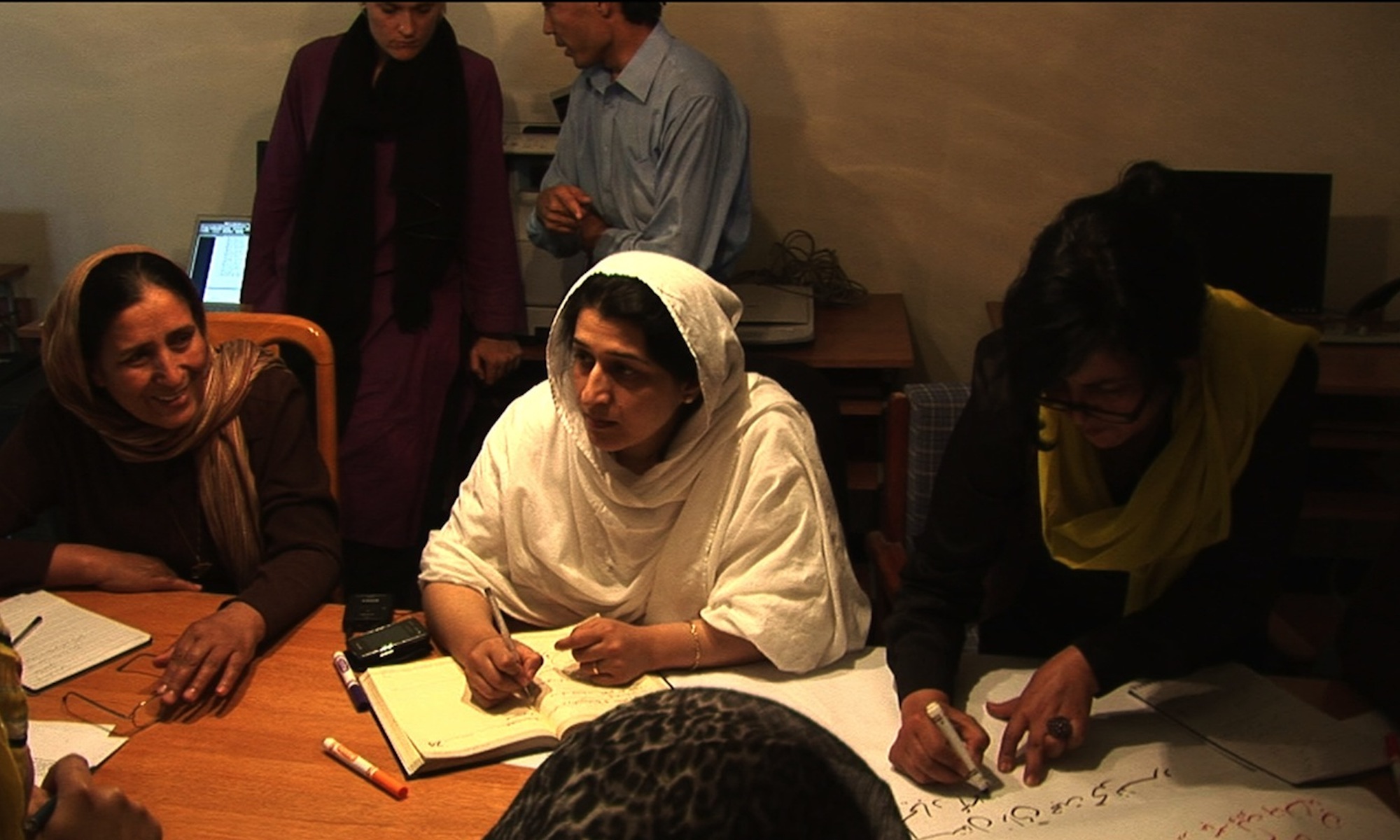This chapter will focus on the practical experience of traditional relief and development projects working on complex emergencies in the field of community development. As the authors explore the nexus between conflict transformation on the one hand and participatory and empowerment approaches on the other, they will critically assess the potential of common empowerment approaches within community building not only to avoid doing harm but also to make a substantive contribution to conflict transformation at the local level. The empirical base of the chapter lies within participatory research and in the experiences of bilateral and multilateral development cooperation in the war-torn areas of Sri Lanka. Sections II and III will explore recent aspects of the conflict transformation discourse, paying particular attention to conclusions that might be drawn concerning the role of development aid in complex emergencies. Sections IV and V introduce some common participatory and empowerment approaches within the field of community development, delineating their theoretical objectives as well as their practical implementation. Section VI critically discusses possible spaces of action, as well as constraints, dilemmas and ambivalences for the facilitation of empowerment processes through development aid within complex emergencies. The authors conclude with future prospects on the potentials, constraints and ambivalence of empowerment approaches and recommend a more political role for development aid in complex emergencies as it engages in more inclusive community building through processes of empowerment and recognition.

INSCT Postconflict Research Database
The Institute for National Security and Counterterrorism's Postconflict Research Database & Analysis Project stores cross-indexed bibliographic information on hundreds of journal articles, books, book chapters, and case reports that address the broad, interdisciplinary fields of postconflict reconstruction, stabilization, and peacebuilding.